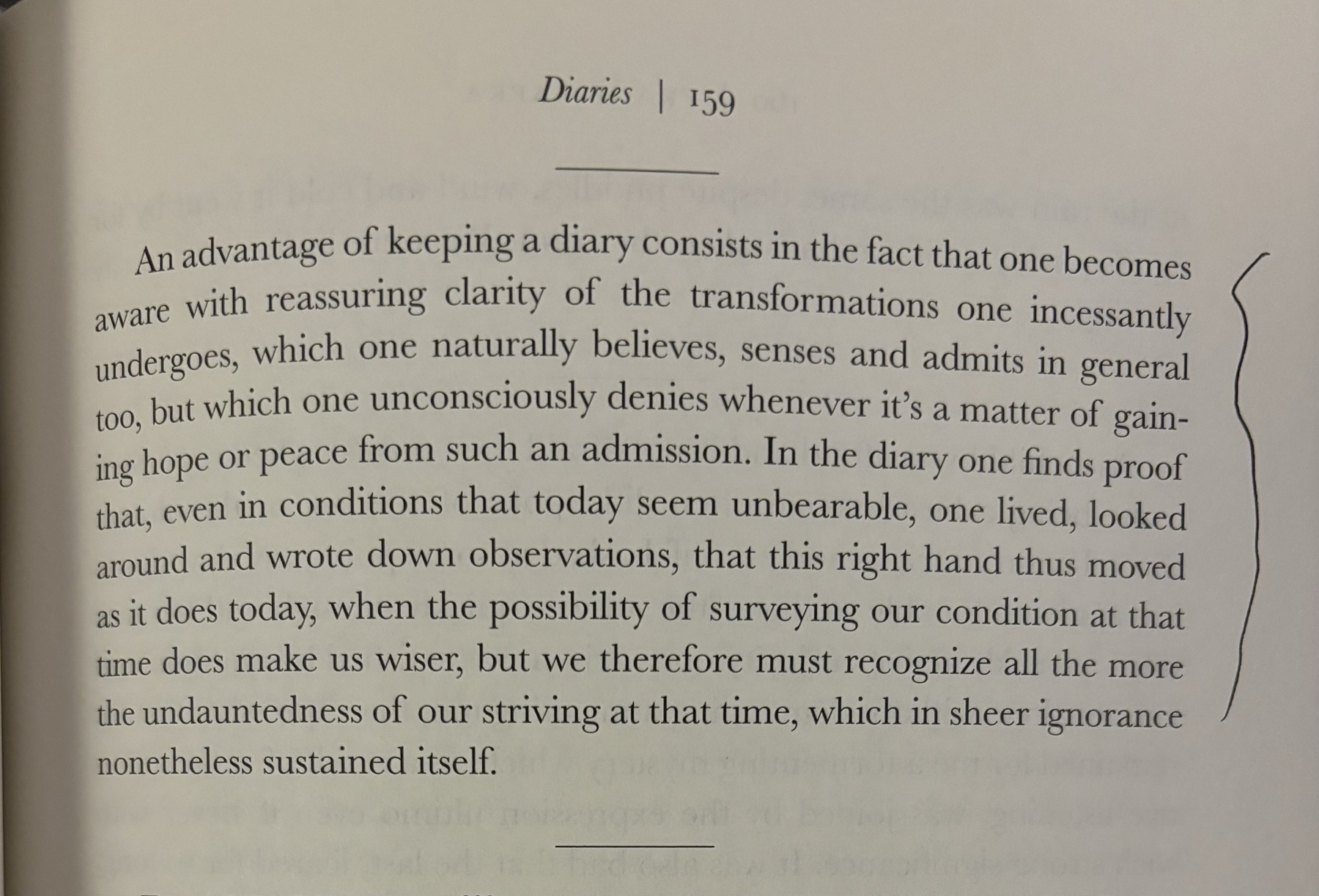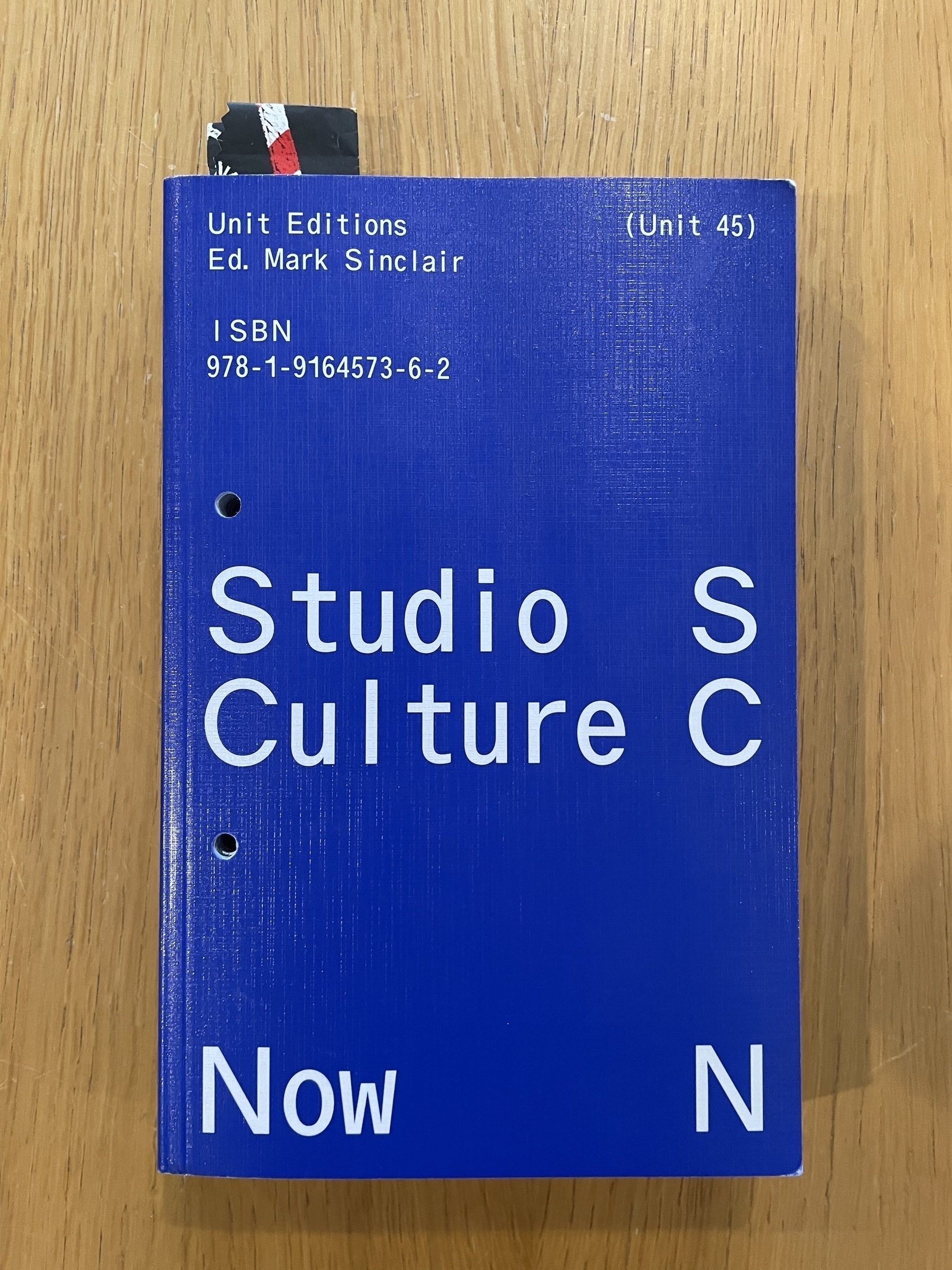Monocle’s new-issue promos are exceptional examples of how to use photos + VO to produce compelling video.
Monocle’s new-issue promos are exceptional examples of how to use photos + VO to produce compelling video.
Lovely, gentle new album from Clem Snide: “Oh Smokey.”
“Jesse Eisenberg Has a Few Questions” — An excellent interview at The New Yorker’s website. I can still remember seeing him for the first time in “Roger Dodger” in the early 2000s. A committed, inquisitive art-maker.
From “Our Strange New Way of Witnessing Natural Disasters,” by Brooke Jarvis in the NYT:
Suddenly, some experience that previously seemed distant or impossible becomes something we’ve watched happen — not with distance or solemnity on the evening news, but mixed into the jumble of images of everyday life that scroll across our feeds. The details move rapidly from the inconceivable to the familiar, from things we would never expect to things we can easily picture, things we almost feel that we’ve experienced ourselves. Yes, this is what it looks like when you film through a car window while everything around you burns. This is what it looks like when the ocean crashes through the window of your living room. This is what it looks like when a riverbed tries to carry nearly two dozen times more water than it usually holds, or when houses bob downstream like rubber duckies. To quote a viral tweet about a previous calamity: “Climate change will manifest as a series of disasters viewed through phones, with footage that gets closer and closer to where you live until you’re the one filming it.”

From Ta-Nehisi Coates’s “The Message,” which I just finished:
Great canons angle toward great power, and the great privilege of great power is an incuriosity about those who lack it.
“The Zone of Interest” was an astonishing film. How it shows what it chooses to show; the sounds we hear of what it chooses not to show — it’s just an incredible work of art made with deep sensitivity by everyone involved. If you’ve already seen it, I recommend this Vanity Fair interview with writer/director Jonathan Glazer and director of photography Łukasz Żal. It’s streaming on MAX. Plan to rewatch soon.

Just finished a quick read of “Character Limit: How Elon Musk Destroyed Twitter,” by Kate Conger and Ryan Mac. A single sentence from the final third, describing yet another moment of chaos and spite, revealed something larger about the repugnant title character’s worldview: “And yet, Musk enjoyed the madness.”

From “I. M. Pei: Life Is Architecture,” a beautifully designed new volume by Shirley Surya and Aric Chen, a story of insistence driving invention:
Wary of the greenish tint characteristic of commercially available glass, Pei insisted on using a completely clear alternative for the Louvre’s pyramid. Along with President Mitterrand’s intervention, this led France’s largest glass manufacturer, Saint-Gobain, to devise an entirely new production process for large-scale manufacturing. Beginning by sourcing pure white sand from Fontainebleau, Saint-Gobain proceeded to develop a specialised furnace that reduces the amount of the naturally occurring iron oxide in the glass formula, eliminating the source of the green hue. The 675 diamond and 118 triangular panes were transported to a factory in the United Kingdom that was able to polish their surfaces to perfect planarity, achieving flawless results with optical properties close to those of crystal. (Photo)

Happened to read this passage from “The Diaries of Franz Kafka” about 10 minutes after checking in with my Day One app and reviewing the (unsunny) “On this day” diary entries I’d left on other October firsts one, seven, and eleven years ago. Grateful for that space.
Excellent recent interviews with Ta-Nehisi Coates by Jon Stewart and Terry Gross. Have ordered “The Message” and can’t wait to start reading.

Spent a lovely few weeks making my way, intentionally slowly, through Carl Phillips’s new book of poetry, “Scattered Snows, to the North”. A huge fan of his sensitive, fluid-with-pauses work. A few lines I was especially struck by (though reading the original in print, with line breaks, is preferred):
From “Thicket”:
It’s a quiet night—quiet / the way the animals here, east / of touch, but slightly north, / still, of penetration, live / mostly quiet. Most disappear.
From “Career”:
What if all the truth is / is an over-washed sweatshirt, sometimes on / purpose worn inside out?
From “Back Soon; Driving”:
The way the present cuts into history, / or how the future can look at first / like the past sweeping through, there / are blizzards, and there are blizzards. / Some contain us; some we carry / within us until they die, when we do.
“Muse retrospective” — Though I wasn’t a committed user of the Muse app, I used to enjoy listening to the intelligent podcast put out by the team. Here, and I’m late to this, Muse’s Adam Wiggins offers a perceptive, considered look back at the ups and downs of building a new “tool for thought.”

Toni Morrison, in a 1975 lecture, quoted by Ketanji Brown Jackson in her new memoir, “Lovely One”, which I’m reading now:
The function, the very serious function of racism … is distraction. It keeps you explaining, over and over again, your reason for being. Somebody says you have no language and so you spend twenty years proving that you do. Somebody says your head isn’t shaped property so you have scientists working on the fact that it is. Somebody says you have no art, so you dredge that up. Somebody says that you have no kingdoms, and so you dredge that up. None of that is necessary. There will always be one more thing.

Paging back through the Kickstarter-backed “Studio Culture Now” from Unit Editions and realized I neglected to note it here. It’s an enjoyable volume featuring indie design studio heads talking shop. A few themes:
“On Cancer and Desire”, by Annie Ernaux: A superb and probing piece of writing, with accompanying photographs.
“Phoenix Is a Vision of America’s Future”: A typically sweeping and sensitively observed George Packer cover story for The Atlantic.

What pure pleasure this book was to read: The Vanity Fair Dairies: 1983 - 1992 by Tina Brown. I love on-the-job memoirs/journals, especially anything rooted in the editorial world. The entries are zippy, yet considered — a decade of moments jotted down after whirlwind days. Brown’s a sharp observer and summarizer, and a deft workplace strategist.
A few passages, all from the mid-1980s:
I went for a drink at the Algonquin with Wallace Shawn, the editor of The New Yorker’s son, who I have been told wants to write. I loved his creaky voice and twinkly, creased-up eyes. He’s like a small, anxious hippo, so full of quotable insights. “America has no memory,” he explained. “Nothing LEADS to anything in New York.”
Had a terrific drink tonight with Tom Wolfe, who is tall and thin like a candle in his white suit, with a dryness suddenly illuminated by shafts of pure malice.
A drink with Martin, who is passing through, made me realize how much I miss Englishness. I had a sudden pang for Oxford days when we lay in the little single bed in my St. Anne’s room in the Woodstock Road, doting on Larkin’s sentences in “The Whitsun Weddings.” I thought of London spread out in the sun / Its postal districts packed like squares of wheat. My ideal place to live would be Transatlantica, an island that combined English irony, country lanes in summer, the National Theatre, and a real pot of tea they never seem to be able to make here, with American openness, lack of class barriers, willingness to give away money to good causes, and the view of Manhattan from the Rainbow Room at the top of Rockefeller Center. I miss the pleasing streak of delinquency in the English character.
The change of the seasons from brutal cold to sudden heat made me think of the sweet decorum of our London patio in the spring, the rhododendron bushes drowsy with raindrops. I long for the English countryside in ways I never did when I lived there. I suddenly see the great country houses that gave us so much irreverent copy at Tatler as a rich national resource, custodians of passing time. Here, time is to be spent, like money; time is to be killed, time is to be forgotten. Everything is a race against time. Trying to beat it is the pressure at your throat. I dream of London’s manageable scale, its compactness, its conversation. America is too big, too rich, too driven. America needs editing.

From How Design Makes Us Think, by Sean Adams:
Film director Billy Wilder enjoyed daily naps limited to fifteen minutes. Friends Charles and Ray Eames designed a chaise lounge for Wilder to assist with the fifteen-minute rule. The chaise has a narrow profile. If Wilder began to sleep longer, his arms would fall to his side and wake him. The base is exposed and honest, the form follows the function of short napping.
This rich new New Yorker piece on Alan Sparkhawk — about the death of his late wife and Low partner Mimi Parker and the music he’s been making since — sent me back to band’s incomparable catalogue.
There was a stretch of months in 2003 when I’d started a new writing job at the Saint Louis Art Museum, and I’d play Low’s album “The Curtain Hits the Cast” over and over at a low volume in my little office; it was the soundtrack to my days in a new job in a returned-to city.
Here’s that record’s transcendent song “The Plan”:
Good timing from the NYT — I’ve been wondering about the story behind the day-improving @artbutmakeitsports account. (No, he doesn’t use AI.) In the spirit of doubles, his work brings me back to reading Lawrence Weschler’s wonderful “Everything That Rises: A Book of Convergences” 15 years ago.